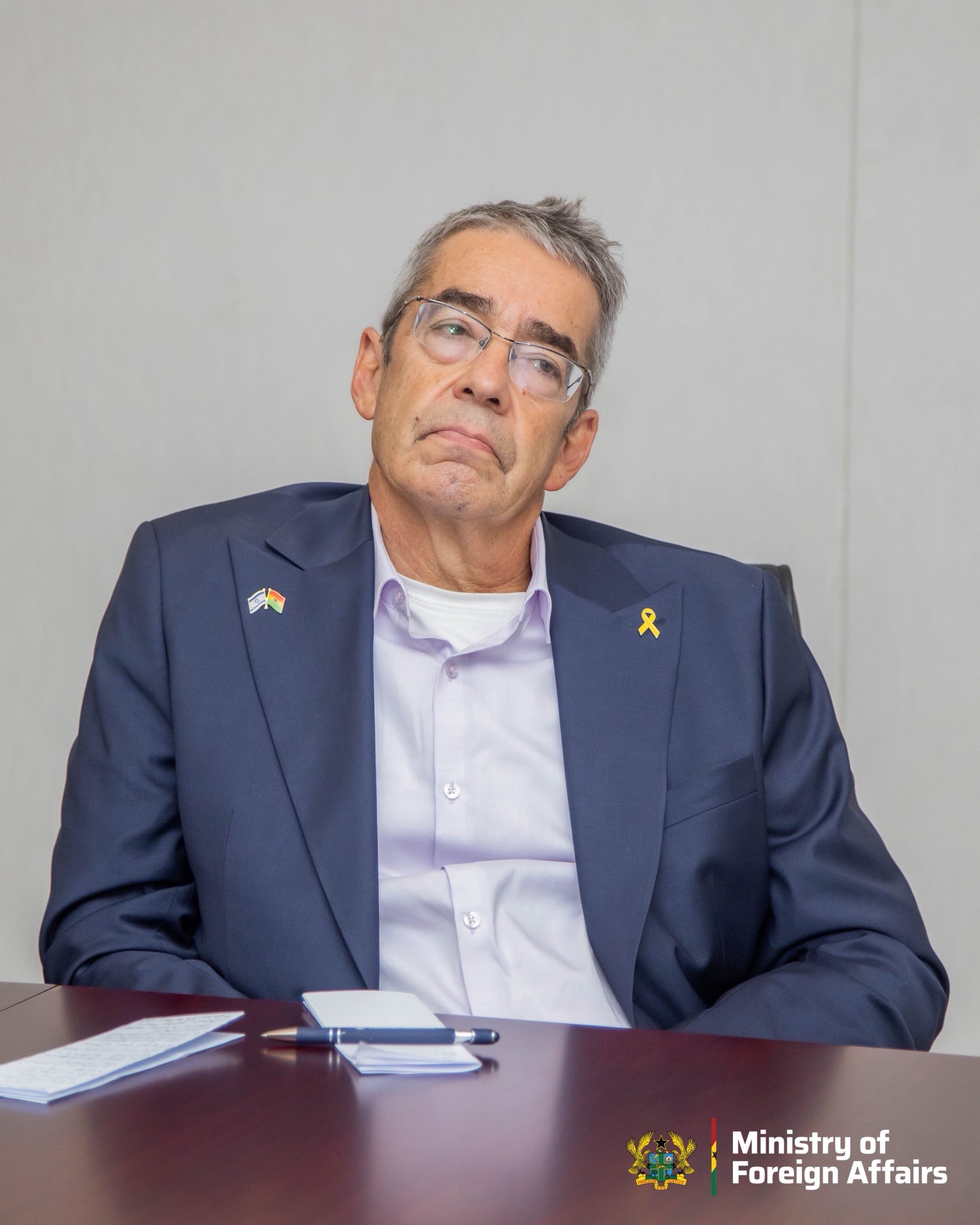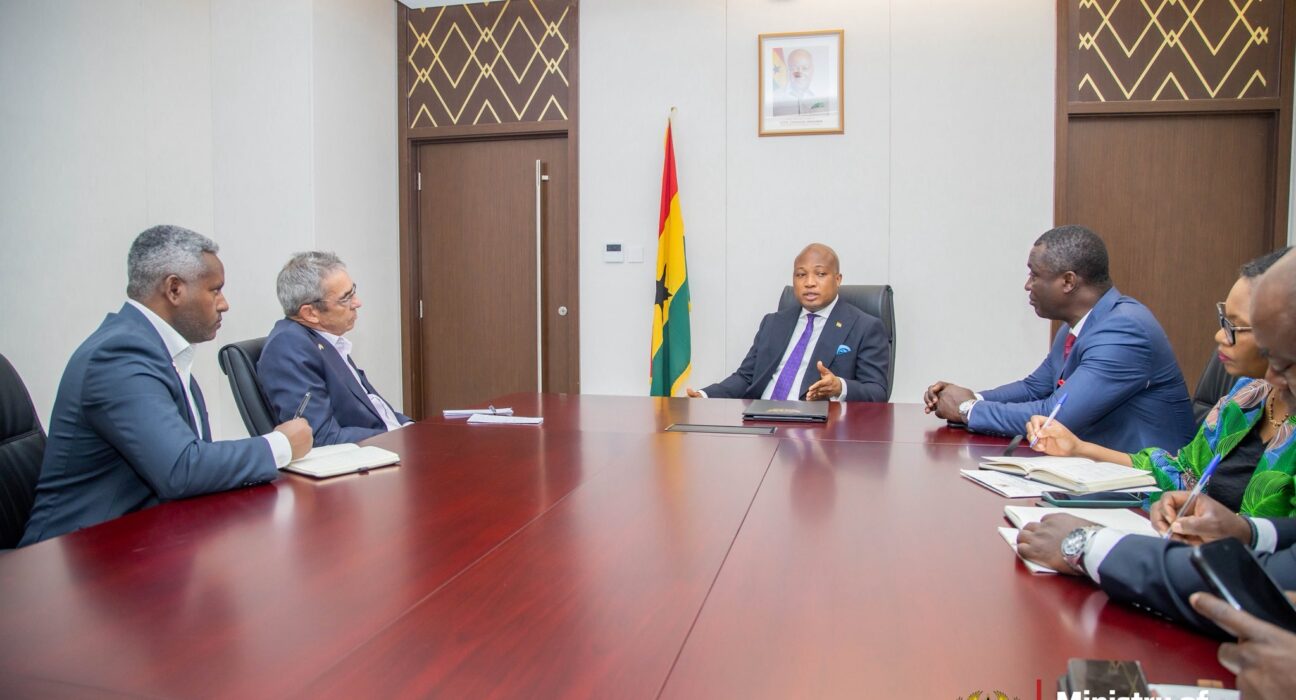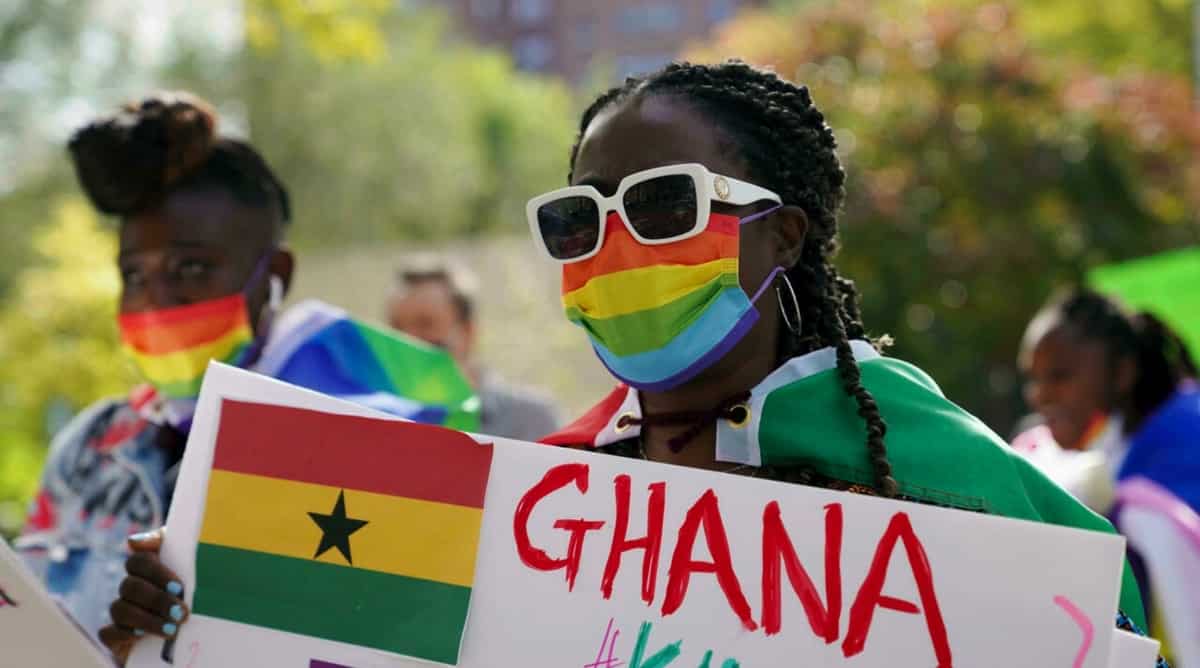Ghana’s Foreign Minister, Samuel Okudzeto Ablakwa, has pushed back against remarks made by Israeli Ambassador to Ghana, H.E. Roey Gilad, over Ghana’s recent abstention in a key nuclear vote at the International Atomic Energy Agency (IAEA).
Speaking during a diplomatic meeting earlier this week, Mr. Ablakwa criticized the ambassador’s public call for Ghana to reconsider its neutral foreign policy.
The Israeli envoy had previously suggested that Ghana, though justified in abstaining due to its leadership role at the IAEA, should re-evaluate its non-aligned stance on matters concerning global peace and security.
In a firm response, Mr. Ablakwa said:
“I urged him to respect our sovereign right to make independent decisions based on our longstanding globally acclaimed foreign policy principles anchored on Ghana’s national interest as espoused by the 1992 Constitution, pacifist approach to peace building, non-alignment, respect for the UN Charter, adherence to the rule-based international order, belief in multilateralism and strict compliance with international law.”
He added that Ghana’s diplomatic principles would remain consistent, especially now that the country holds leadership roles on key international bodies.
“These cherished principles will continue to guide Ghana’s foreign policy imperatives within all international organizations, particularly at this defining moment when Ghana is serving on the UN Human Rights Council and chairing the governing board of the International Atomic Energy Agency.”

The diplomatic exchange follows Ghana’s abstention from a resolution passed by the IAEA Board of Governors on June 12, 2025. The resolution, introduced by the U.S., U.K., France, and Germany, found Iran to be in breach of its nuclear non-proliferation obligations. Nineteen countries supported the resolution, three opposed it, and eleven — including Ghana — abstained. The vote marked the first such formal action by the IAEA in nearly two decades.
Amid rising tensions in the Middle East, Ghana has also taken urgent steps to protect its nationals. The government has successfully evacuated the first batch of Ghanaians in Iran to Turkey through land borders. These include diplomats, students, professionals, and other citizens.
The minister confirmed the evacuation and assured that similar measures were underway in Israel.
“Our fellow nationals living in Israel will be evacuated shortly,” he noted in a post.
Meanwhile, Ghanaians in Israel have been urged to stay in contact with the consular department for further instructions. The government has also closed its embassy in Tehran and scaled down operations at its Tel Aviv mission to ensure staff safety.
The diplomatic crisis stems from a sharp escalation in hostilities between Iran and Israel. After an Israeli strike on Iranian territory last Friday, both countries exchanged missiles over the weekend. A hospital in southern Israel reportedly suffered major damage from Iranian strikes, while Iran claimed its targets were military-linked installations.
In light of the conflict, Mr. Ablakwa reiterated Ghana’s call for restraint and diplomacy:
“Ghana demands that both countries cease fire and opt for a peaceful diplomatic resolution of their concerns.”








